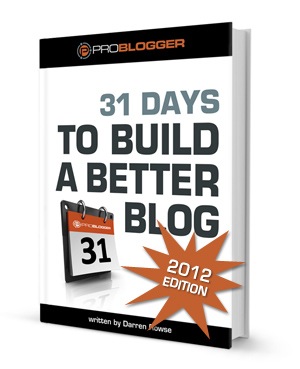From Cheryl's Writing Crate
Anyone
that knows me well understands my fetish with cleaning and reorganizing
projects. I don’t mind how pathetic it
sounds, I love to clean and organize my home.
The fact that I have 8 kids may have something to do with that, but I
really believe it’s that sense of accomplishment and peace I feel after
tackling a messy cupboard and clearing away all the clutter with the finished
result of an orderly area that functions better and is fun to look at once it’s
neatly organized.
With
spring here, many of us are embarking on spring cleaning projects in our homes,
but there are lots of areas in our lives that could use a little freshening up,
and for those of us who are writers, it’s the perfect opportunity to take a
good inventory of what’s working in our writing life and what could use some
rearranging and straightening up.
Here’s
a list of 4 things I am going to focus on this spring in regards to breathing
new life into my writing life:
1.
Re-evaluate My Goals and Actions
Do I still have
the same goals that I did six months ago? Am I choosing activities and writing
rituals that are in keeping with making
these goals happen? (For Example, one
rather large writing goal I had in January was to really get cranking on the
novel I started nearly two years ago. I
still have this as one of my most important goals, but I have definitely not
committed the right amount of time and habits to making it happen.)
As a writer you
can help relieve troubling thoughts by journaling about them. Some writers use
these ideas and thoughts from the past to begin their memoirs. I am doing this with my “morning pages” that
I referenced in a blog post earlier in the month.
2.
Stop Doing What isn’t Working
·
Am I procrastinating because I am
bored with my writing projects?
·
Do I still carve out quiet time to
work in my writer’s crate every morning like I was doing in the fall?
·
Why am I getting distracted when I
start a writing project—is it the environment, e-mail distractions, too much
time checking out facebook?
·
Do I need to reconfigure my writing
routine and work in the evening after the kids go to bed instead of getting up
so early each morning only to find laundry waiting to be folded or lunches to
be made for school that day?
By honestly assessing where my writing habits need some fine
tuning, I am staying true to my most important goal which is writing each and
every day.
3.
Polish My Space to Shiny and Bright
Yes, I love to
clean and organize, but like so many moms, I tend to focus on the main family
areas in our home rather than my own sacred writing crate. I am going to use the renewed energy that
spring brings to do a little redecorating in my writing space and clear out
some of the clutter. I have some new
inspirational quotes I plan on getting framed and will also rotate some of my
favorite writing books off my book shelves and onto my desk for easier
reference as well as a change of ideas from the several books I’ve been using
over and over again for the past 6 months.
 |
| Even writers need to spring clean their "writing" lives! |
4.
Plant new seeds
Spring is a great
time to do something new. I’ve always loved gardening and decorating because of
the creative satisfaction I feel when I accomplish a pretty project. When I work with paint or plants, it usually
sparks some ideas for my writing projects.
I will be taking some time to devote to my creative muse in hopes that
it will plant some fresh new seeds that will sprout into some exciting writing
projects.
Simply
by creating the above list, I already feel inspired to revamp some of my
writing projects! What about you—how do
you clear out the cobwebs in your writing life and freshen up your spaces and
ideas?



